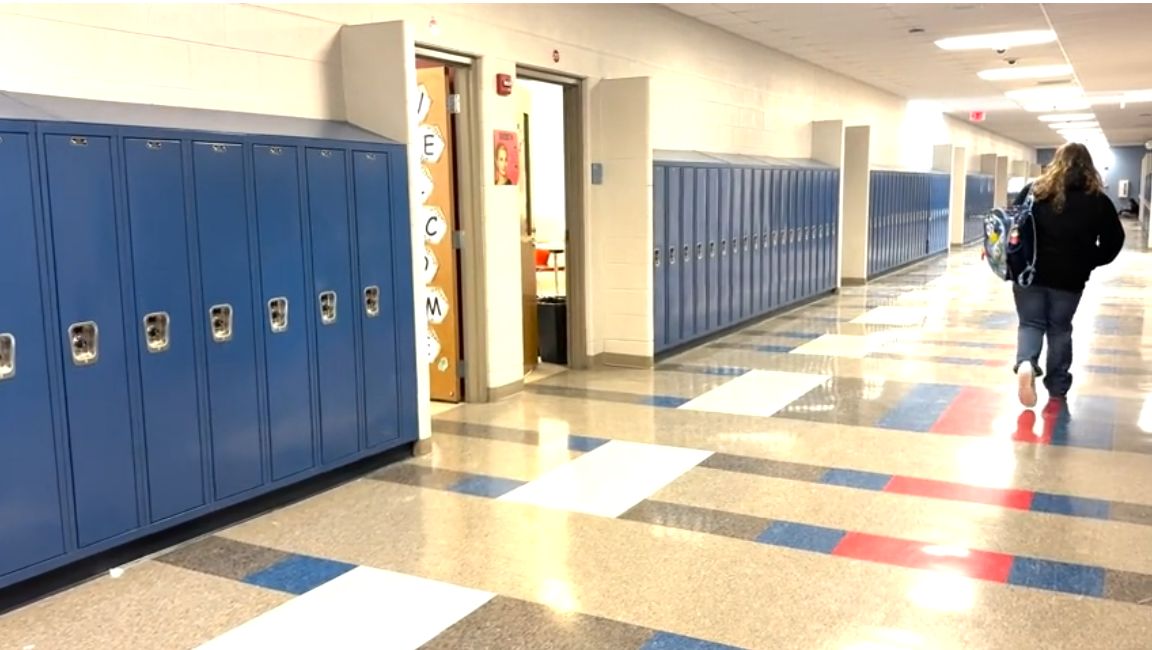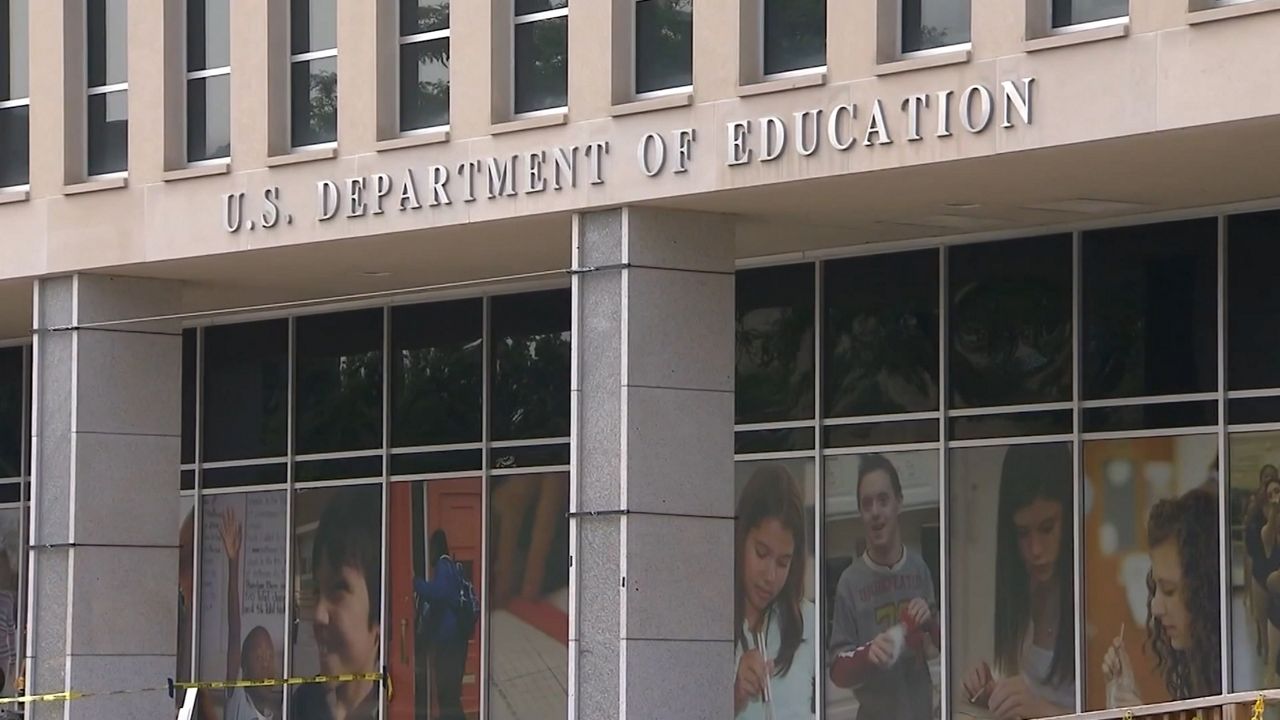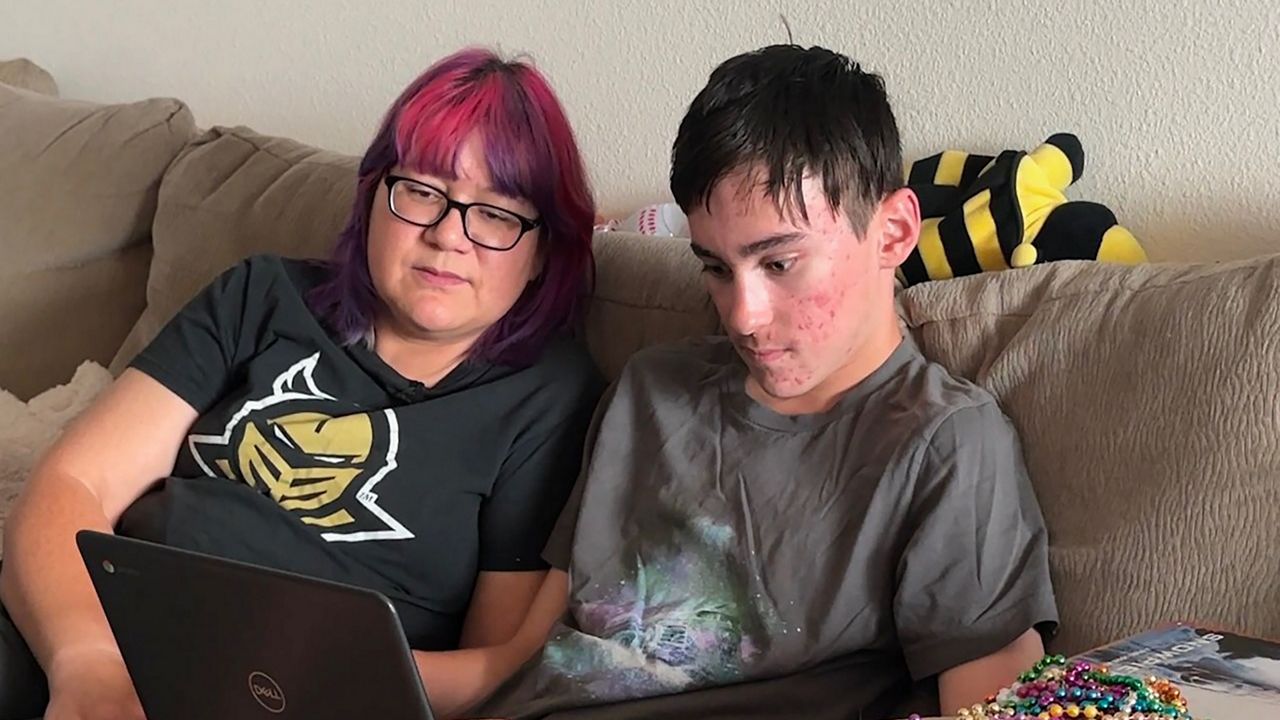TALLAHASSEE, Fla. — Legislators are looking at two bills that aim to get retired teachers back into the workforce quickly by eliminating the six-month waiting period, which is required for participants of the Deferred Retirement Option Program (DROP).
Despite being at retirement age, Janice Childs stays on her feet throughout the day as her Florida’s Voluntary Prekindergarten (VPK) students keep her busy.
“I’ve been teaching a long time,” said Childs. “I’ve had students say, ‘Ms. Childs, you saved my life.’”
It’s sentiments like those which kept Childs teaching all these years.
Childs originally retired a few years ago, but returned to Orange County Public Schools after she realized her passion was still in the classroom.
“I was ready to retire ... but I really wasn’t,” she said. “And I knew I would miss doing what I do.”
Childs was one of many teachers who took part in the DROP. The program allows teachers to flow their retirement benefits into a trust fund, which accumulates a substantial APR.
However, under DROP, teachers must wait a certain amount of time if they wish to return to work after retirement. This time requirement is currently six months. However, in the past, it was longer.
Experts with the DROP Advisory Council say this waiting period served a significant purpose. The requirement prevents employees from entering DROP, reaping the benefits of the program, knowing full well they plan to return right back to work after receiving the program’s financial benefits.
However, the teacher shortage has posed particular hurdles for school districts statewide, prompting legislators to consider removing the time requirement.
“We’re dealing with a staff shortage, and we’re also dealing with population growth all at the same time,” said Representative Rita Harriis (D.), of Florida House District 44. “So, I feel like this is something we can apply short term to basically get people in while we try to figure out the longer strategy.”
Recent numbers provided by the Florida Education Association show there are 7,553 total instructional and support staff vacancies across the state.
If signed into law, the legislation would go into effect on July 1, 2024.









